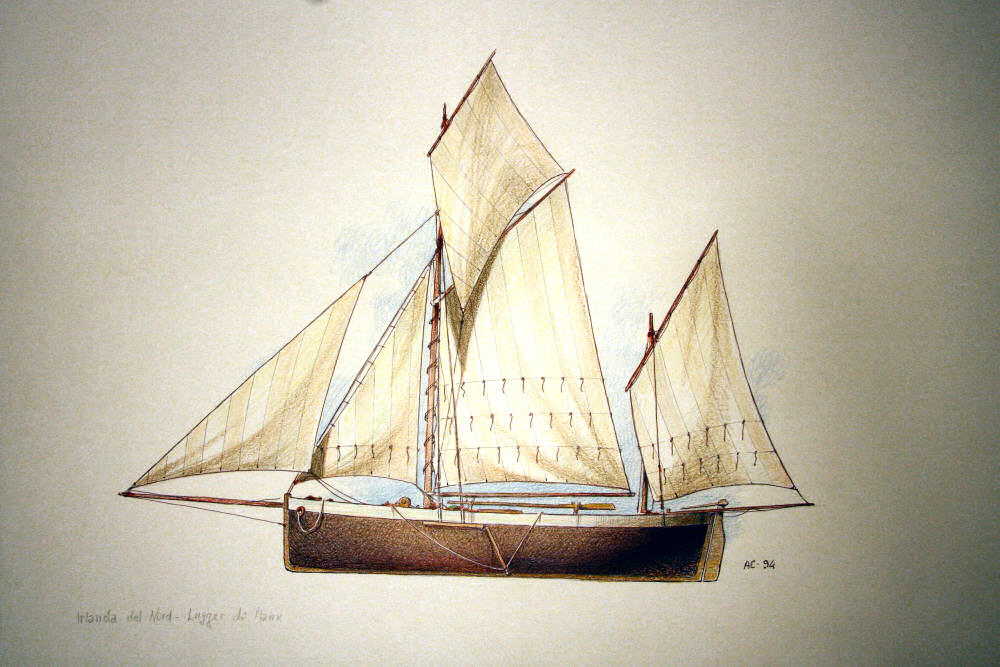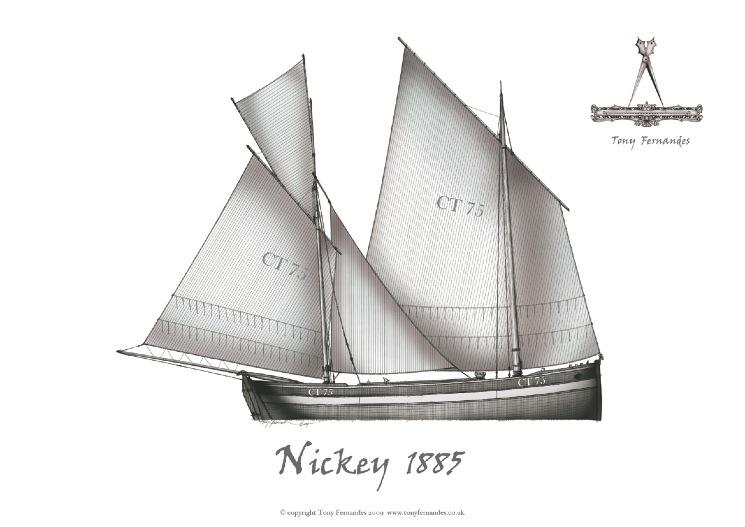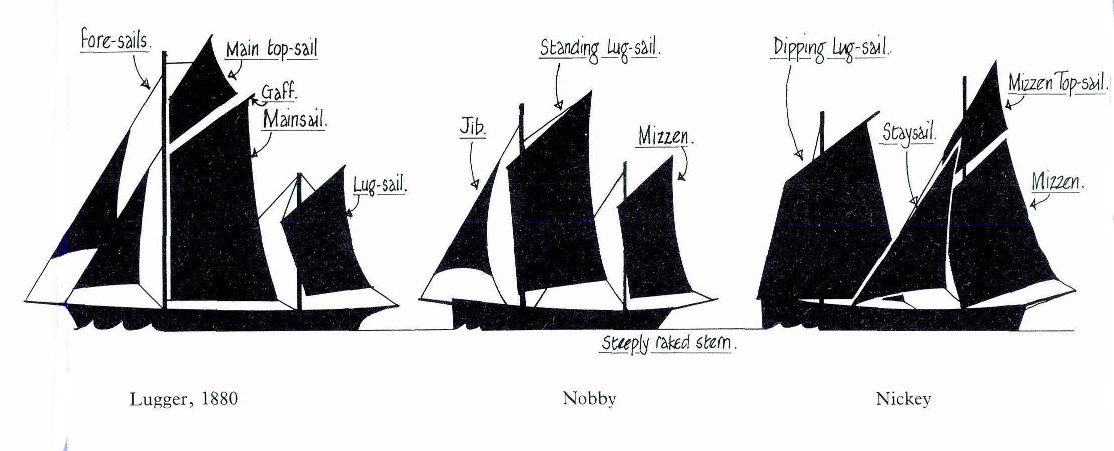Sometimes (occasionally) life throws you such a lovely ball that you’re left wondering how it was that you were so lucky to be standing in the right place to catch it. For me such an occasion has been the opportunity to be part of a group from Morecambe Warblers who have just created and performed a production of ‘Much Ado About Nothing’.
It was of course a crazy idea that Carol, Phil and Chris had; a directing team with no experience of directing Shakepeare, leading a cast with no experience of performing it. What could possibly go wrong? But, of the many interesting and valuable aspects of this process, one of the main ones has been just that, that it has been a process.
There were no auditions, just a call out to people who might be interested to turn up and see what happened. At that first meeting (which I ended up at more or less by a chance remark from Phil, hence the luck), a largish group assembled and we tried a bit of reading. That continued for a number of weeks in rooms above pubs and a local sports club. The numbers turning up dwindled fast and started to look decidedly thin. However for the group that remained something started to happen. We moved from often not being sure how to pronounce some of the words, to starting to explore what they meant, and the world they belonged to.
We had a lot of fun trying out the different characters, and learning from each other’s ways of delivering the lines. These strangely speaking characters on the page started to become more like real people with an interesting story ( or in fact many stories to tell). And we each started to be drawn to some of them.
We eventually reached a point when the directing team asked who we were interested in playing, before they went in to a week long huddle, leaving us on tenterhooks waiting to find out who we would be.
I had, I admit, become quite fascinated by Signior Benedick of Padua (a place of which I will never be able to hear again without thinking of Cathy, our wonderful Hero, and how she said it in the opening scene).
Benedick who, as we first meet him, is a blustering, arrogant misogynist. Who could like him? Why would you want to play him?
As I mentioned before, there are many story lines in MAAN; the tangled love affair of Hero and Claudio, the villainy of Don Jon and his henchman and henchwoman (in our case), the ambivalent relationship of Benedick and Beatrice, and the fraught one between Hero and Leonato. Weaved through all these I sensed another one that intrigued me; the redemption of Signior Benedick.
I think it is clear that Benedick and Beatrice have a history. He has, sometime before we meet them, won her heart and lost it, almost certainly through betrayal. He is getting older and knows that his days of soldiering, adventure and the carefree, playboy life style are coming to an end. He also knows that he has lost the one true love of his life through his own stupidity and he won’t get it back. He covers up this knowledge with a front of acerbic wit and a loudly proclaimed disdain for women.
So what can save Benedick? It starts of course with the mischievous plotting of his friends, who see it as a sport to pass the time until Hero and Claudio’s wedding, to engineer for Beatrice and Benedict to fall in love.
But those ‘gulling’ scenes, as splendid as they are, (what a privilege to be allowed to attempt the ‘this can be no trick’ soliloquy – if I worked on it for another six months I might get it really right), they are only the start of Benedick’s transformation. By the end of the scene he has been given a glimmer of hope. It is no surprise that he falls for the ridiculously obvious ploy, it is the thing that he most wants to believe in the world.
It is however, in the wonderful and terrible first wedding scene that so much of the emotional work of this play is done. It is here that Benedick is brought face to face with the decisions that will change his life one way or another. What an incredible scene! My job was made so much easier with the intensity that, in the first part, Hero (Cathy), Claudio (Matt) and Leonato (John) brought to that heart-wrenching confrontation.
Claudio: Benedick’s closest comrade in arms. Benedick is utterly dismayed to see the brutality of his friend’s denunciation of Hero. You would think that Benedick would intervene here to stop the abuse, and the fact that Shakespeare doesn’t allow it is agonising when you play this scene.
Leonato: something of a mentor and surrogate uncle to Benedick, and for whom Benedick obviously has much respect and affection. But Leonato’s rejection of Hero, driven by his pride and concern for his family’s reputation tears another rip in Benedick’s loyalties. Benedict tries to temper Leonato’s fury (“Sir, sir, be patient”), and his gentleness with the old man near the end (“Signior Leonato, let the Friar advise you”) is touching, but Benedick by then has already made his choice…
Hero: An interesting one. I don’t put any store by Benedick’s insulting remarks about Hero in the opening scene, I think his aim there is very much to wind Claudio up and bolster his anti-women reputation. He obviously is a close friend of the family and would have known Hero well. I think his response to her shaming shows that underlying all is the feeling of an older brother towards her. Because of the way our script had been edited, Cathy and I noticed after we’d been rehearsing for some weeks that we never actually exchanged lines (other than her handing me the letter in the final scene). This seemed strange to us and partly for a bit of fun, but as it turns out I think quite correctly, we decided to add a ‘moment’ in the wedding scene, as the Friar explains her plan (yes our Friar was Mandy), where they turn to each other and nod, Hero to signify her agreement with the Friar’s suggestion, and Benedick to signify that yes, he would keep her secret and play his part. It is Benedick’s first step in his journey. He has made the choice to side, not with Claudio and Don Pedro, or even Leonato, but with Hero.
Then of course we come to the final part of that scene, when all have left the stage apart from Beatrice (thank you Zoë) and Benedict. If I ever had any doubts about Shakespeare’s brilliance, (and yes I admit it, I had many), this relatively short exchange removed them. What he achieved in so few lines is amazing.
First we see Benedick’s concern for Beatrice. Gone is all the bluster and witty reposts. He cannot stand to see her so upset; he is upset himself by what he has just witnessed. He wants to make things right, but at first Beatrice will not let him in, her hurt and anger are too great: “It is a man’s job, but not yours”.
And there we reach the first life-changing decision Benedict makes. Beatrice is about to walk out on him, perhaps this is the last chance he will have, and so he shows that for all his faults he lacks neither a reckless courage or a willingness to make himself vulnerable. “I do love nothing in the world so well as you!” more than half expecting his love to be thrown back at him and mocked. But instead he hears, though mixed with anger and confusion, the words that tell him that Beatrice does in fact still love him too.
The next few moments are perhaps the happiest Benedick has experienced for many years as finally Beatrice fully admits her love. Is the redemption of Benedick complete? Here he is, hearing words of love from the woman he thought he’d lost, surely we have reached the happy ending. No, for now he will be faced with the perhaps the hardest decision of his life. When, in his joy he urges Beatrice to “bid me do anything for thee”, Beatrice responds from the depths of her anger with the demand for Benedick to kill Claudio. The idea appals Benedick, but when he refuses all of Beatrice’s rage for her cousin, and no doubt for herself engulf Benedick. He tries to respond but has nothing that will answer Beatrice’s charges until at last he once more offers the only thing he seems to have, his love, “By this hand I love thee”.
And finally Beatrice presents him with his ultimate choice, “Use it for my love some other way than swearing by it”. Benedick, perhaps more than Beatrice in her anger, understands the full implication of the choice she is asking him to make in that moment. He can say no, and thus once more betray and no doubt lose Beatrice, or he can challenge Claudio, which will almost certainly end one of two ways; either he will kill his friend or be killed himself. That last possibility is one that no production of MAAN I have seen seems to really have acknowledged and so was something I really wanted to bring out in Benedick’s final line.
Benedick tries one last time to avert the crisis and alert Beatrice to the enormity of what she is asking for, “Think you in you soul…?” but her anger and hurt are too great.
For me “Enough, I am engaged” is an anguished cry as Benedick makes his decision. He cannot bring himself to lose Beatrice again, or else he will die trying to be loyal to her.
In the rest of the line he tries to impress upon her the likely consequences; either Claudio or he shall not survive this encounter. He asks for some comfort to take with him, “think of me?”, and so he bids her farewell, not knowing if he will ever see her again, heading off to challenge his friend.
I think it is not important from the point of view of Benedick’s redemption that the duel is never fought. He most sincerely challenges Claudio and I have no doubt that he would have followed through if other events had not intervened. When we finally reach the second wedding we see the new Benedick (or the old one released from his self-imposed prison). He may still have some difficulty in bringing himself to ask Leonato for Beatrice’s hand in marriage, but his nervousness is not going to stop him. He cannot even wait until Hero and Claudio’s wedding is complete before proposing to Beatrice. There may be just one or two minor obstacles to overcome (Beatrice’s reluctance to admit her love in front of everyone), but Benedick’s friends are on hand to help him complete his journey.
And so it is, I think, that amid all the other many twists and turns, laughter and tears that make MAAN so rich a story, that Signior Benedick is saved, most of all from himself.
Which leaves only perhaps one thing left to say, which is a huge thank you to all my fellow cast, the directors, the crew, and of course the audiences who bravely paid good money to see what would become of this crazy experiment. I think the fact that we didn’t know what would become of it ourselves when we started out was what made it so special. A truly lovely ball to catch.



